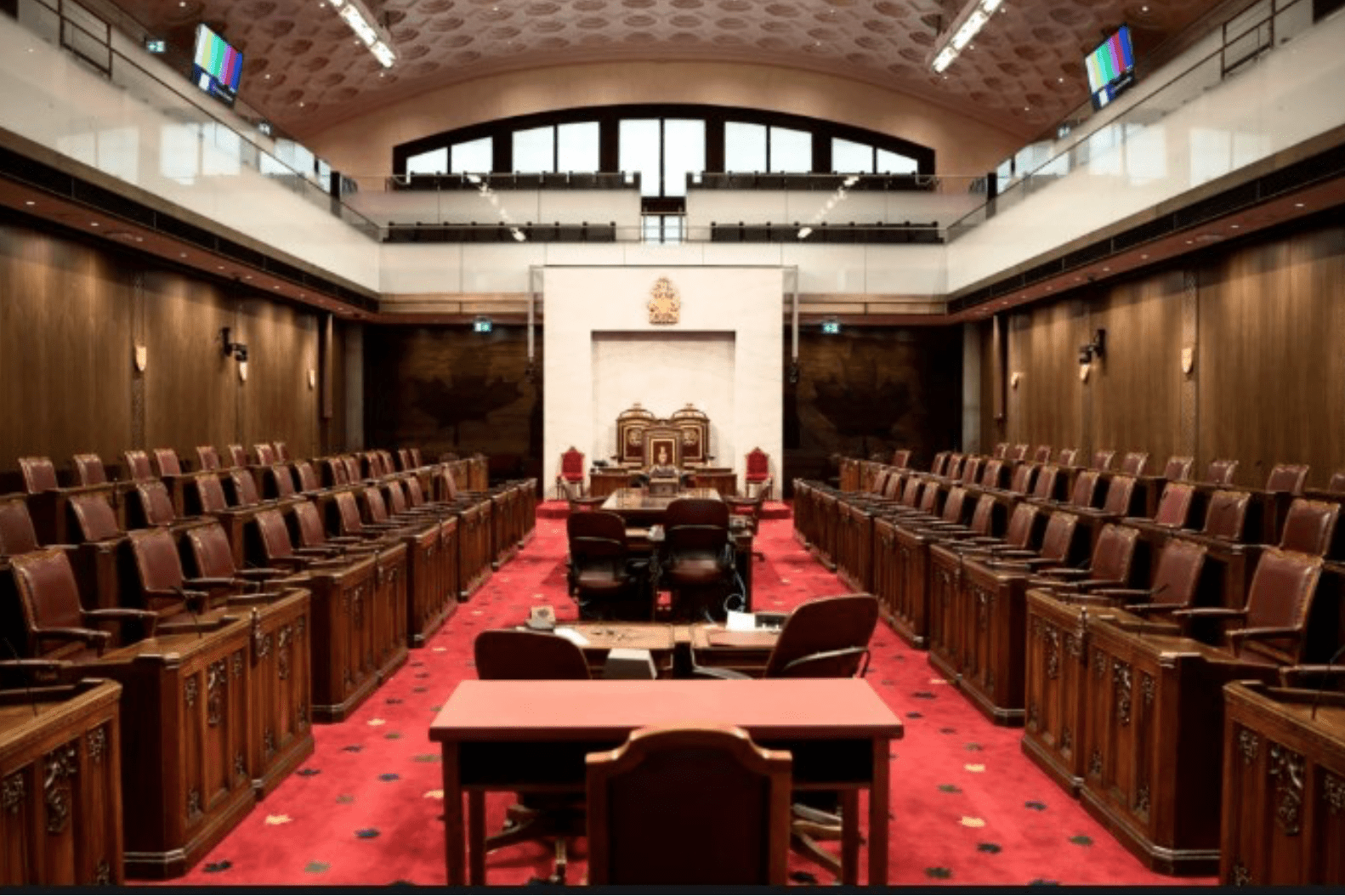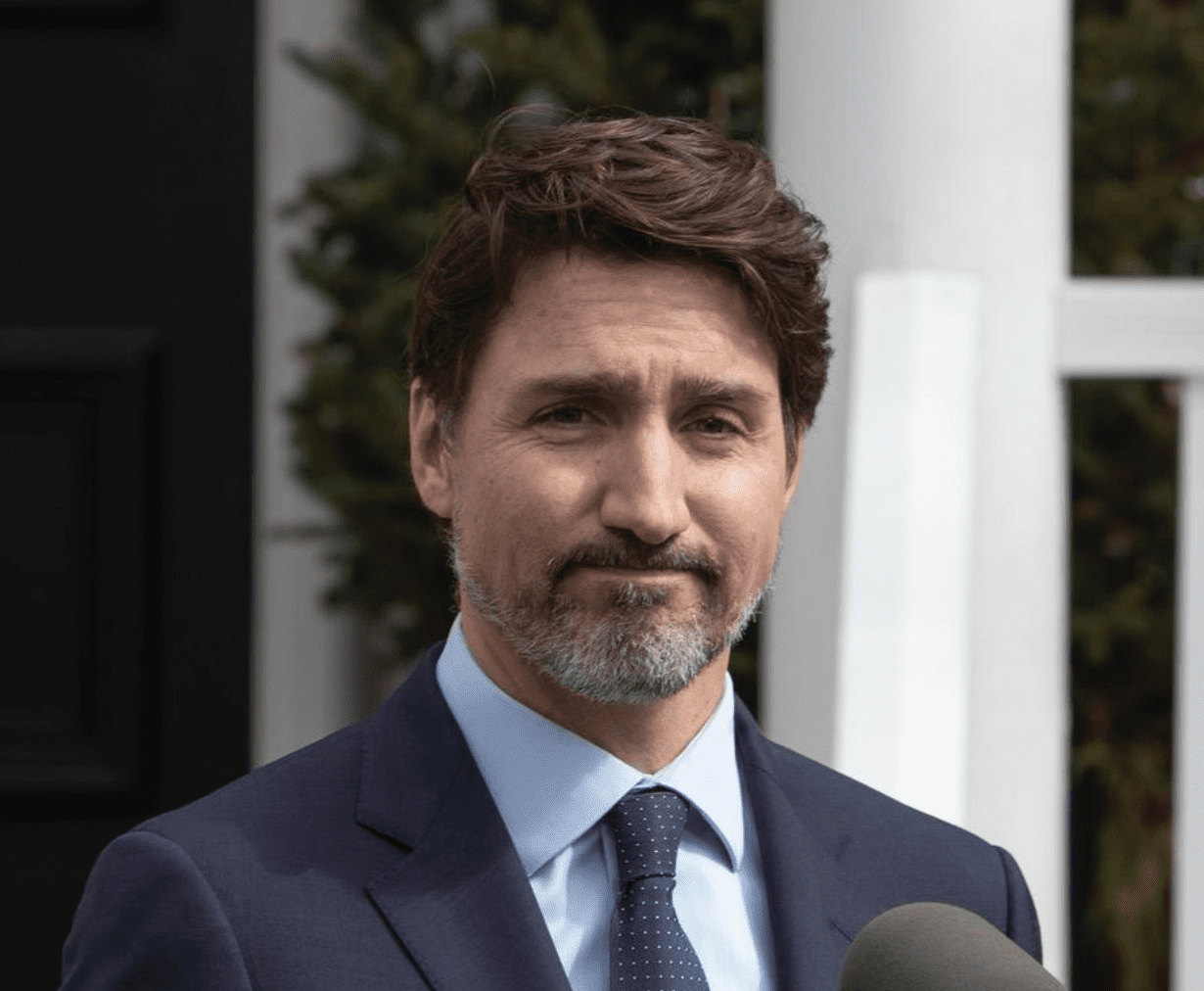The jockeying for status in the Senate in the wake of recent moves has some of its loudest reform proponents making renewed claims for their particular vision of what needs to happen, in spite of the fact that the move by three Independent senators to the Progressive caucus has blunted their momentum. Case in point for this particular braying was Independent Senator Tony Dean, who penned a "status update" op-ed for iPolitics this past weekend, in which he declared premature victory, announcing that these moves would only "accelerate the transition to a more independent Senate as opposed to undermining it." It is with no small irony that it should be pointed out that the Senate is and always has been an independent institution, and it is the efforts of these would-be reformers like Dean and ISG leader, Senator Yuen Pau Woo, who are undermining that independence.
"Senate reform is proceeding steadily which should be good news for Canadians, who understandably expect an effective and efficient Senate of Canada as opposed to the previous partisan mirror of the House of Commons," Dean proclaims, apparently oblivious to history and simple logic. He provided several markers about the "drive toward a more independent and less partisan Senate," much of which was utter hokum, but a few of his points deserve particular attention.
While Dean notes that the Senate has moved beyond the Liberal and Conservative turn-taking power duopoly which is actually a good thing because the duopoloy was the source of many of the Chamber's problems with abuses of power he nevertheless misreads the whole point of the institution. In praising that the dynamic of the governing party time-allocating the passage of bills, he ignores that the only reason that time allocation has fallen into disuse is because the Government Leader in the Senate has opted not to use it for fear that he would not have the votes to do so. If he felt that the opposition was unduly holding up government legislation, the power could absolutely be invoked, and presumably the Independent senators who felt the delay tactics were abusive could vote in favour of said time allocation. That's a mere matter of political judgment.
But Dean badly misreads those "range of delaying tactics" in the hands of the opposition. While he insists they are "hardly a recipe for sober second thought," it's in fact exactly what they are used for to ensure that a governing party that has the majority of the votes can be slowed down so that they don't steamroll over the rights of minorities, which the Senate is explicitly charged with upholding. That's why the Senate was designed the way that it was so that minority regions would have enough Senate seats to counterbalance those with large populations in the House of Commons; and so that there would be guaranteed representation for religious and linguistic minorities (which were the chief concerns in 1867, which soon grew to embrace other minority communities), which is the whole point of why Quebec has senatorial districts because many of them were defined enclaves of those minority communities. The same rules against "frivolous delays and obstruction" that Dean decries are the same rules that ensure that those minority representatives in the Senate can use to ensure that legislation is slowed down so that their concerns can be fully heard and expressed. That he doesn't grasp that fact is boggling.
As well, Dean laughably insists that "our debates have become more open and information-driven," with the non-sequitur of the number of adopted amendments being his proof even though the two are unrelated, and the fact that the bulk of amendments that were accepted by the House of Commons were the ones that the government itself put forward. Dean insists that the way the Senate approaches its work is "archaic and unorganized," and points to the organizing of "themed debates" on major bills which again ignores how the Senate has traditionally operated. Instead of hours of pointless speeches at Second Reading, the Senate traditionally operated by letting the sponsor of a bill give his or her speech in support of a bill, and several days later the designated critic would give a speech in response to the points made by the sponsor, and from there the bill would be sent to committee where the substantive work would happen. This is actually the preferably way for legislative work to be organized.
Like Oedipus going to great lengths to avoid the prophecy that he would murder his own father and marry his mother, or Anakin Skywalker's fall to the dark side in an attempt to prevent his vision of his wife's death in childbirth coming true, both ended up fulfilling the fates that they tried to avoid, and I see that very dynamic playing out in the Senate. As reform proponents like Dean keep insisting that they are heading toward some kind of non-partisan ideal, they nevertheless keep pushing the Senate to behaving more like the House of Commons in very substantive ways.
By way of example, Dean presses for the creation of a "business planning group" which Woo called a "programming committee" whose sole purpose would be to time allocate all business, making the flow of work even more regimented than it is in the Commons. As well, the way that it would facilitate "themed debates" is simply aping the House of Commons' reliance on canned speeches that are not actual debate, but speeches read into the record for the sake of reading speeches into the record. Changing the rules to end the so-called "obstruction" or "frivolous delays" would simply turn the Senate into a distorted mirror of the Commons, where the majoritarian impulses would swamp the very minorities that the Chamber was built to protect. And as much as Dean decries the partisanship of the Senate's bad old days, the kinds of behaviour that Dean and other Independents have exhibited toward the Conservatives certainly looks and sounds nakedly partisan.
As much as Dean, Woo, and their fellow travellers claim to be trying to usher in this era of independence, they are merely removing roadblocks from government domination of the Senate and its business. Like Oedipus or Skywalker, with every step they take to move away from something they claim they don't want, they end up pushing to make it happen because they are blind to their reality. It is a slow-moving Greek Tragedy for those of us who can see it.
Photo Credit: The Bay Observer








